
The Untamed Beauty of Niokolo-Koba National Park
Explore the wild heart of Senegal at Niokolo-Koba National Park, a UNESCO World Heritage site teeming with wildlife, stunning landscapes, and vibrant local culture.
Nestled in the southeastern part of Senegal, Niokolo-Koba National Park is a haven for wildlife enthusiasts and nature lovers alike. This UNESCO World Heritage site spans over 9,000 square kilometers, providing a sanctuary for a diverse range of flora and fauna. Visitors to the park can expect to encounter an array of animals, including elephants, lions, leopards, and a variety of antelope species. The park is also home to over 300 bird species, making it a birdwatcher's paradise. The park’s landscape is equally captivating, featuring dense forests, rolling hills, and winding rivers. The Gambia River, which runs through the park, offers a lifeline for the wildlife and a scenic backdrop for visitors. Safaris, both by vehicle and on foot, are popular ways to explore the park, allowing tourists to get up close and personal with the natural beauty and wildlife. Cultural experiences are also a highlight of a visit to Niokolo-Koba National Park. The local communities surrounding the park offer a glimpse into traditional Senegalese life. Visitors can engage in cultural exchanges and learn about the customs and traditions that have been preserved for generations. With its rich biodiversity and cultural heritage, Niokolo-Koba National Park is a destination that promises an unforgettable adventure.
Local tips in Niokolo-Koba National Park
- Best time to visit is during the dry season (December to April) when wildlife is most visible.
- Hire a local guide for the best safari experience and to gain insights into the park’s flora and fauna.
- Pack light and breathable clothing, as temperatures can soar during the day.
- Bring binoculars and a camera for birdwatching and capturing the stunning landscapes.
- Respect local customs and traditions when visiting nearby communities.
The Untamed Beauty of Niokolo-Koba National Park
Nestled in the southeastern part of Senegal, Niokolo-Koba National Park is a haven for wildlife enthusiasts and nature lovers alike. This UNESCO World Heritage site spans over 9,000 square kilometers, providing a sanctuary for a diverse range of flora and fauna. Visitors to the park can expect to encounter an array of animals, including elephants, lions, leopards, and a variety of antelope species. The park is also home to over 300 bird species, making it a birdwatcher's paradise. The park’s landscape is equally captivating, featuring dense forests, rolling hills, and winding rivers. The Gambia River, which runs through the park, offers a lifeline for the wildlife and a scenic backdrop for visitors. Safaris, both by vehicle and on foot, are popular ways to explore the park, allowing tourists to get up close and personal with the natural beauty and wildlife. Cultural experiences are also a highlight of a visit to Niokolo-Koba National Park. The local communities surrounding the park offer a glimpse into traditional Senegalese life. Visitors can engage in cultural exchanges and learn about the customs and traditions that have been preserved for generations. With its rich biodiversity and cultural heritage, Niokolo-Koba National Park is a destination that promises an unforgettable adventure.
When is the best time to go to Niokolo-Koba National Park?
Iconic landmarks you can’t miss
Parc Niokolon koba
Experience the beauty and diversity of wildlife at Parc Niokolon Koba, Senegal's premier animal park for families and nature lovers.
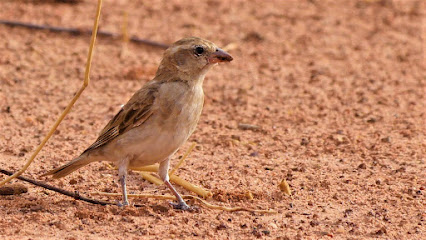
CONSERVATEURS DU PARC NATIONAL DE NIOKOLOKOBA
Explore the Conservateurs du Parc National de Niokolo-Koba, a military base at the heart of one of Africa's most vital conservation areas.
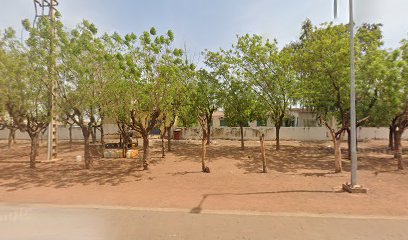
Halte parc Niokolo koba
Discover the tranquil beauty and rich biodiversity of Halte Parc Niokolo Koba, a serene escape in Senegal's stunning natural landscape.
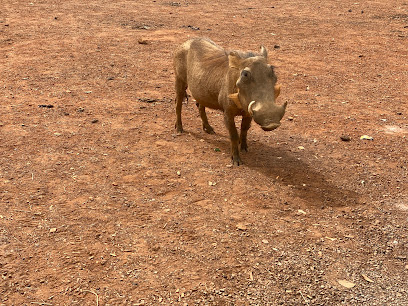
Parc Niokolo Koba
Discover the educational wonders of Parc Niokolo Koba, a UNESCO World Heritage site rich in biodiversity and stunning natural beauty.

Unmissable attractions to see
Faidherbe Bridge
Discover the stunning Faidherbe Bridge in St. Louis, Senegal, where history meets breathtaking views of the Senegal River and vibrant local culture.
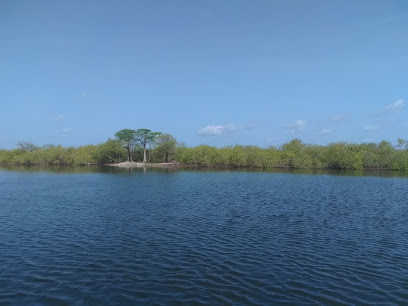
Waterfall of Dindefelo
Explore the stunning Dindefelo Waterfall, a serene oasis in Senegal, perfect for adventure seekers and nature lovers alike.
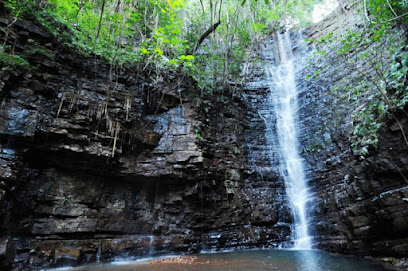
Langue de Barbarie
Experience the tranquil beauty of Langue de Barbarie, a nature preserve where the Senegal River meets the Atlantic Ocean, perfect for nature lovers and adventurers.
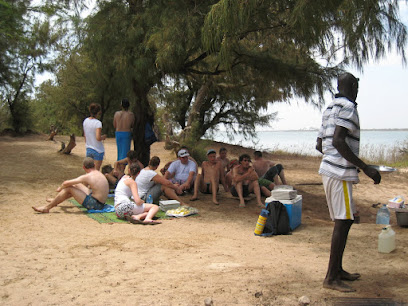
Bioparc de Kédougou
Explore the vibrant ecosystems and unique wildlife at Bioparc de Kédougou, a must-visit park in Senegal for nature enthusiasts.
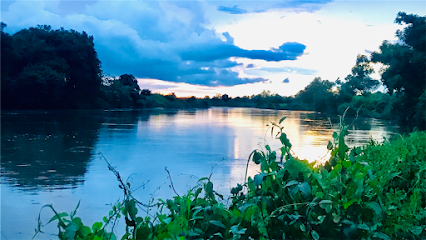
Foret de Diambour
Discover the serene beauty and diverse wildlife of Foret de Diambour, Senegal's enchanting national forest, perfect for nature lovers and adventure seekers.
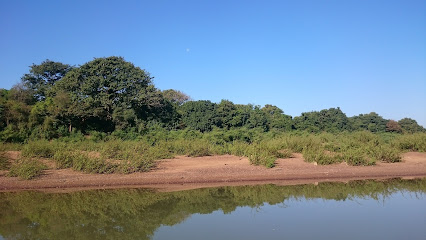
Entrée par N7
Explore Niokolo Koba National Park, a UNESCO World Heritage Site in Senegal, rich in wildlife and captivating landscapes for nature lovers and adventurers.
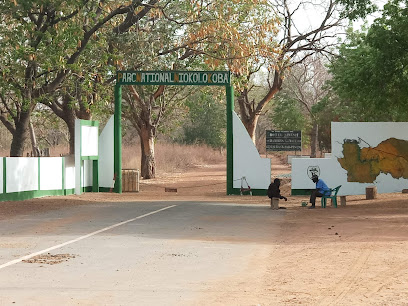
Fathala
Explore the stunning wildlife and natural beauty of Fathala, Senegal's premier wildlife reserve, perfect for nature enthusiasts and adventure seekers.
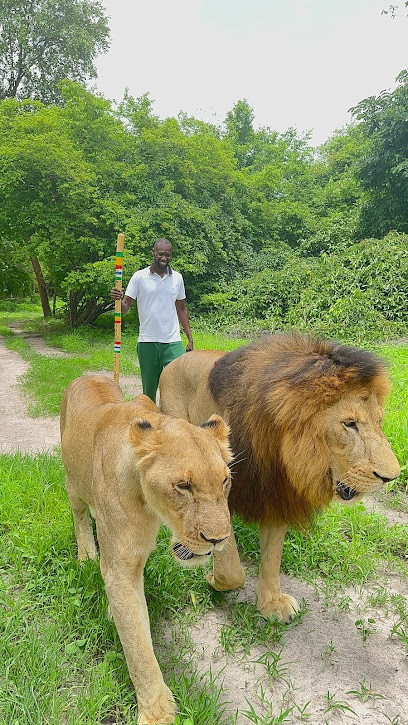
Petowal hill
Experience the breathtaking beauty of Petowal Hill, a national park in Senegal, rich in biodiversity and stunning landscapes for nature enthusiasts.
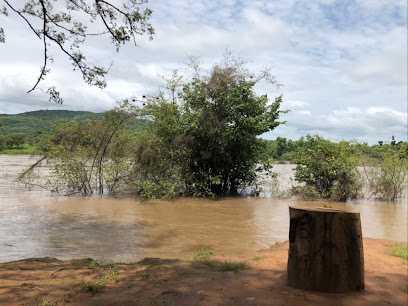
Parc national de Basse Casamance
Explore the stunning biodiversity and serene landscapes of Parc National de Basse Casamance, a true natural sanctuary in Senegal.
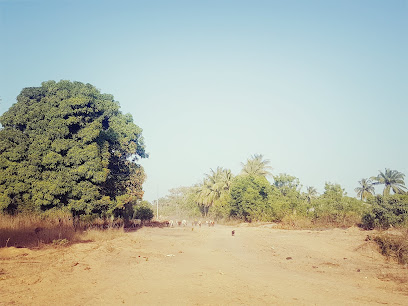
Gran Baobab sagrado de Iwol
Explore the Sacred Gran Baobab of Iwol, a monumental tree steeped in history and cultural significance, offering a unique glimpse into Senegal's rich heritage.
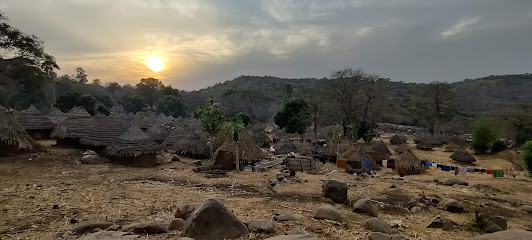
Bassari Country
Explore the breathtaking landscapes and rich culture of Bassari Country, a UNESCO World Heritage site in Senegal, where tradition thrives amidst stunning scenery.
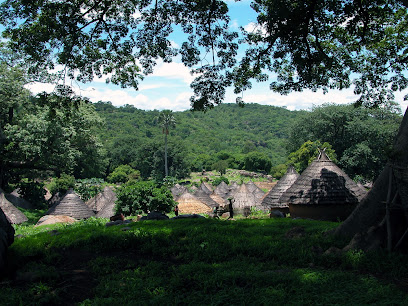
Andjel
Explore the breathtaking landscapes and vibrant culture of Andjel in Landiene, a must-visit tourist attraction for nature lovers and adventurers alike.
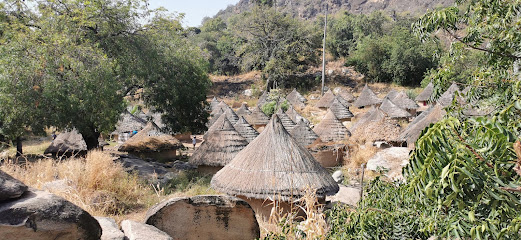
Mines centrales bantako
Discover the serene beauty and cultural significance of Mines Centrales Bantako in Bantakokouta, a must-visit park for nature lovers.
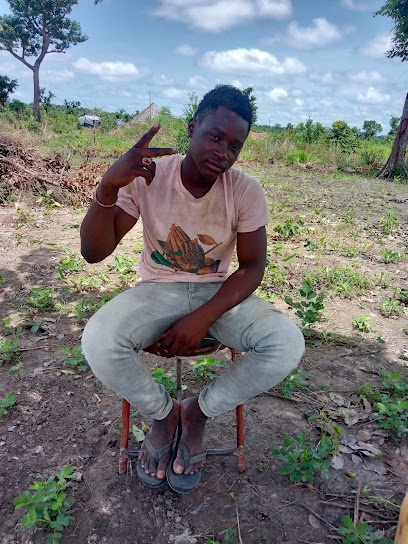
Café des arts chez Valérie
Discover the vibrant culture and authentic Senegalese cuisine at Café des Arts chez Valérie in Dialakoto, a must-visit for every traveler.
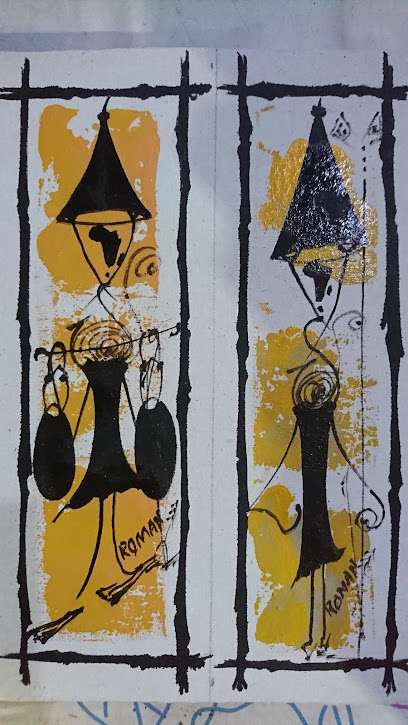
Falaises de Bandafassi
Discover the stunning cliffs of Bandafassi, a natural marvel in Senegal offering breathtaking views and a glimpse into local culture.
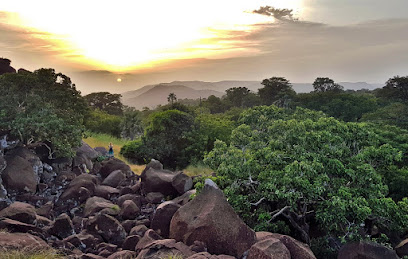
Essential places to dine
Restaurant Le Lagon 1
Experience exquisite Senegalese cuisine at Restaurant Le Lagon 1 in Dakar - a culinary gem with stunning ocean views.
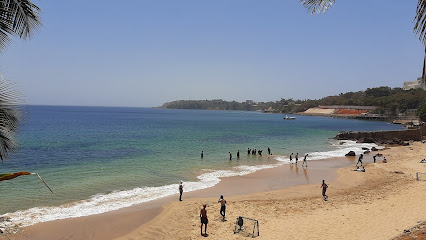
Chez Fatou
Discover authentic Senegalese cuisine at Chez Fatou in Dakar – where every meal tells a story through rich flavors and vibrant culture.
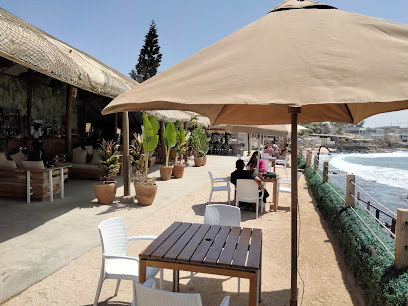
Restaurant La Pointe des Almadies
Experience authentic Senegalese cuisine with breathtaking ocean views at Restaurant La Pointe des Almadies in Dakar.
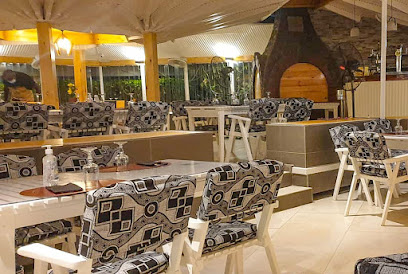
Restaurant Le N'Gor Pieds dans l'Eau
Experience exquisite seafood dining with breathtaking ocean views at Restaurant Le N'Gor Pieds dans l'Eau in Dakar's Almadies.
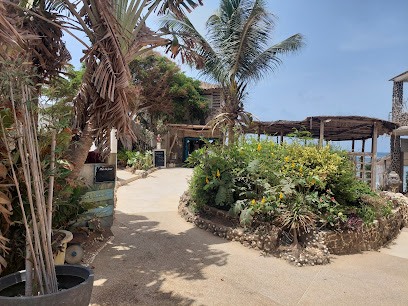
Noflaye Beach
Experience breathtaking views and delicious crepes at Noflaye Beach, Dakar's hidden culinary gem by the sea.
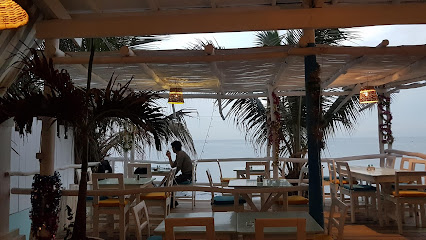
Alkimia
Discover the exquisite flavors of Senegal at Alkimia, Dakar's premier restaurant blending local tastes with international flair.
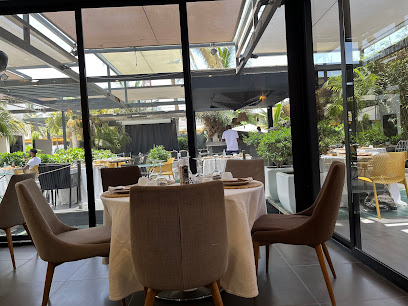
Le Cabanon Dakar
Experience authentic Senegalese cuisine with breathtaking ocean views at Le Cabanon Dakar, where every meal becomes a delightful journey.
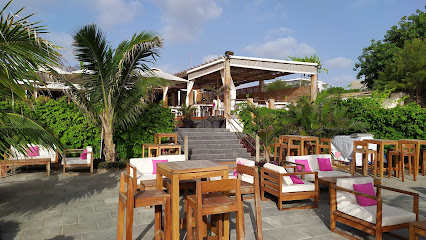
Restaurant J’Go Dakar
Experience the vibrant flavors of Senegal at Restaurant J’Go in Dakar - where culinary tradition meets modern lounge ambiance.
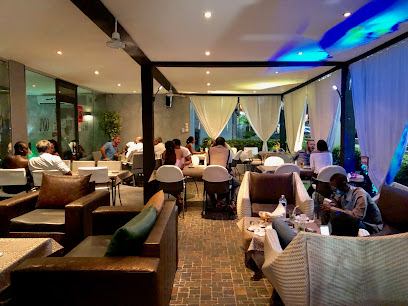
La Cabane du Pêcheur
Experience exquisite seafood dining at La Cabane du Pêcheur in Dakar – where fresh catches meet stunning coastal views.
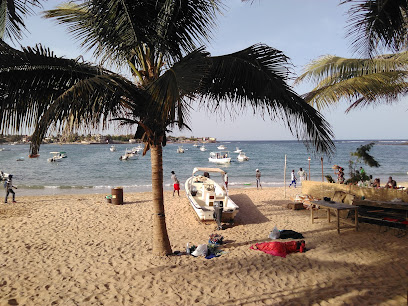
Restaurant Blue Bird
Experience authentic Senegalese flavors at Restaurant Blue Bird in Kaolack – where tradition meets taste in a vibrant setting.
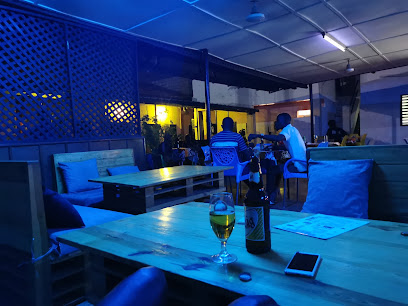
Reine Margarita
Experience exceptional cuisine at Reine Margarita in Dakar – where local flavors meet international flair.
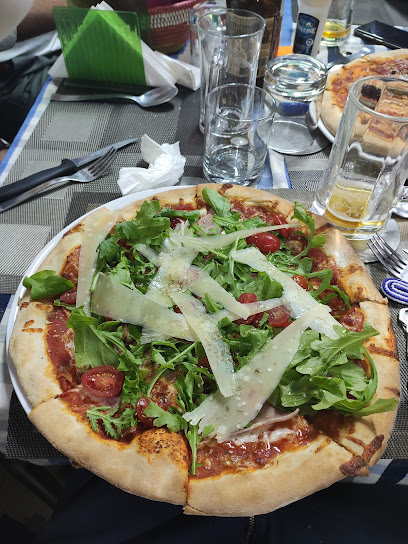
impérial Bar, brasserie et restaurent
Discover delicious Senegalese cuisine in a vibrant setting at L'Impérial Bar & Brasserie in Dakar's historic Independence Square.
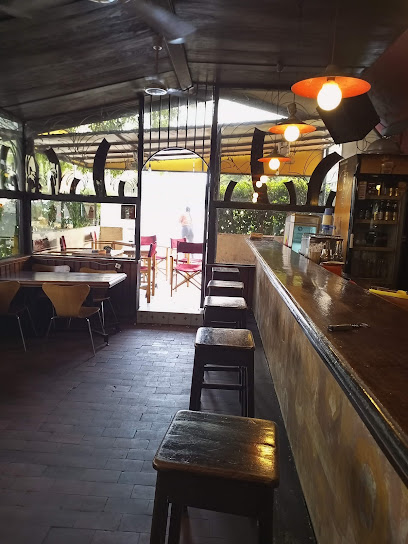
Sabodala South Restaurant
Experience authentic Senegalese cuisine at Sabodala South Restaurant in Sabodala – a must-visit destination for food lovers!
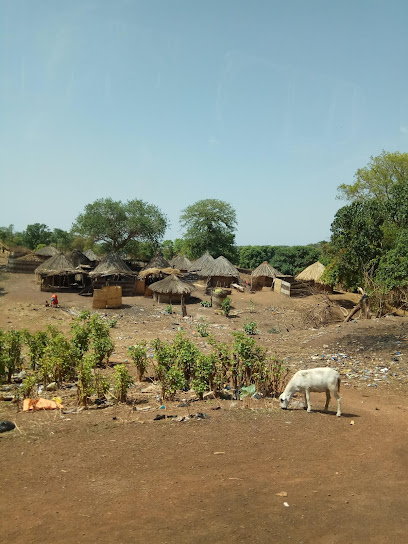
Caffe Noliane
Discover the culinary delights at Caffe Noliane in Méridien - where local flavors meet international cuisine in a cozy bistro setting.
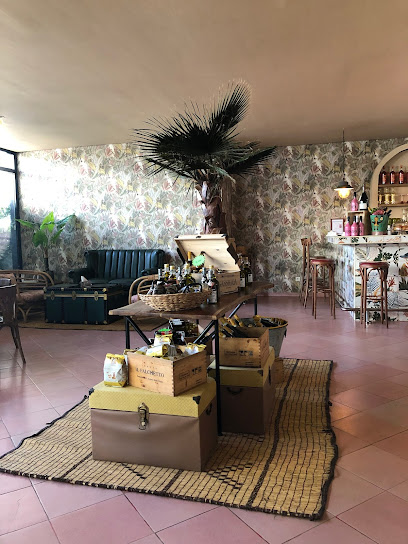
Sunu Makane/Chez Seck
Experience authentic Senegalese flavors at Sunu Makane/Chez Seck while enjoying breathtaking ocean views on Ile de Ngor.
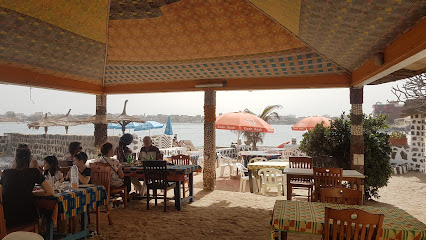
Markets, malls and hidden boutiques
Niokolo-Koba National Park
Discover the breathtaking wildlife and diverse ecosystems of Niokolo-Koba National Park, a UNESCO World Heritage site in Senegal.
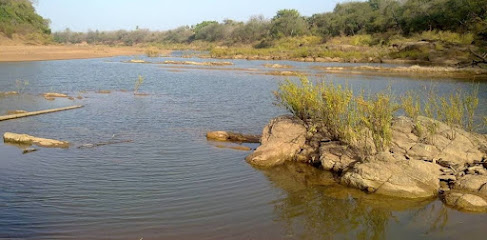
Charcuterie Chez Kaba
Explore the flavors of Senegal at Charcuterie Chez Kaba, your go-to spot for local delicacies and artisanal products.
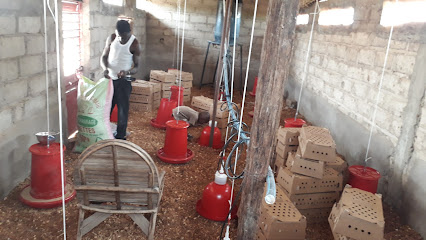
Boutique Alimentation De ALSEYNI DIALLO
Explore the cultural essence of Senegal at Boutique Alimentation De ALSEYNI DIALLO, a treasure trove of local products and authentic experiences.
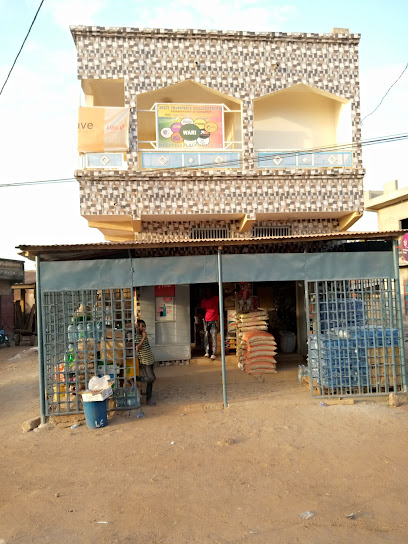
Super Marche
Experience the vibrant culture of Dialakoto at Super Marche, where local flavors and fresh produce await your discovery.
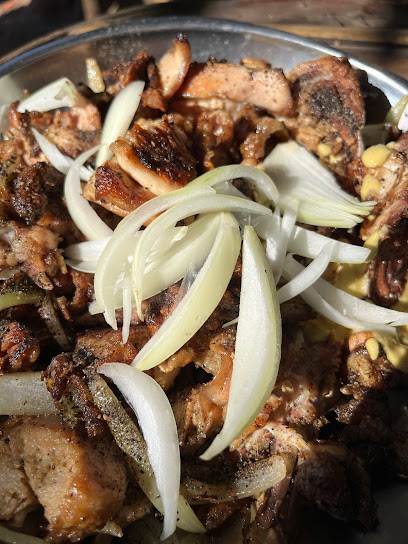
Kedougou
Explore Kedougou, Senegal's vibrant town rich in culture, surrounded by breathtaking landscapes and warm hospitality.
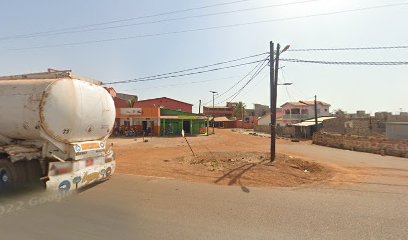
Lil - Wayne Stop -N- Shop
Discover local flavors and essentials at Lil-Wayne Stop-N-Shop, your convenient stop in the heart of Sabodala.

Boutique Issa Sakho
Explore the authentic flavors of Kedougou at Boutique Issa Sakho, a unique grocery store showcasing local products and culinary traditions.
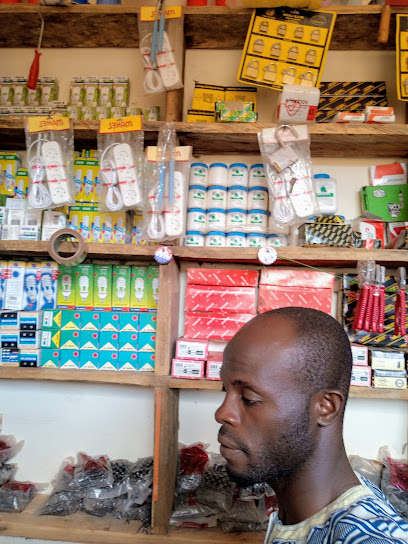
Niokobâti Fashion
Discover the vibrant clothing styles at Niokobâti Fashion, where local craftsmanship meets contemporary design in Mako, Senegal.
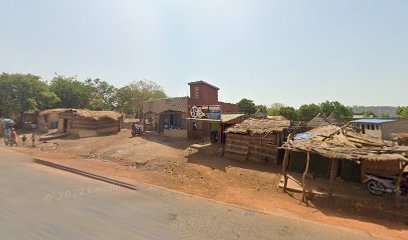
Boutique Ibrahima
Discover the charming Boutique Ibrahima in Kédougou, where every cup of coffee tells a story of Senegalese culture and tradition.
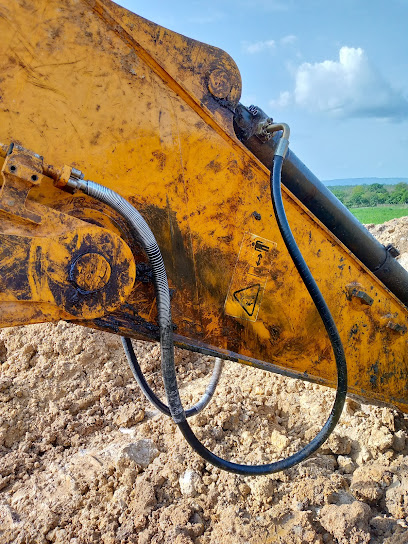
Mamoudou Diallo
Explore Mamoudou Diallo Shopping Mall in Kedougou for an authentic blend of local crafts, cuisine, and culture, all in a vibrant shopping environment.
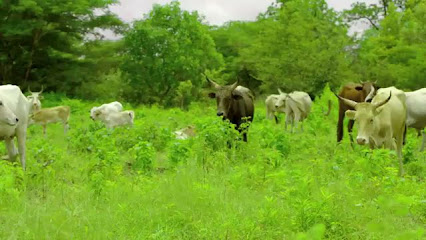
Boutique Nekh Soow
Explore the vibrant culture of Senegal at Boutique Nekh Soow in Kedougou, where local craftsmanship meets unique shopping experiences.
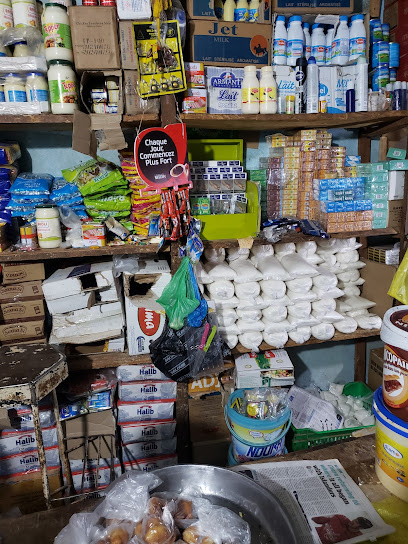
Magasin de ismaïla
Experience local culture at Magasin de Ismaïla, the charming store in Salémata offering unique crafts and souvenirs.
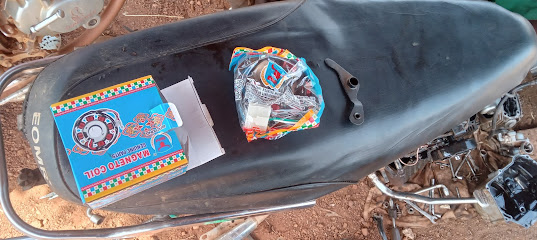
BOUTIQUE DE YAYE KABA
Explore the vibrant styles at Boutique de Yaye Kaba, where traditional Senegalese fashion meets modern elegance in Missirah.

Boutique Aladji Fofana
Explore the rich craftsmanship of Senegal at Boutique Aladji Fofana, your destination for unique building materials in Missirah.
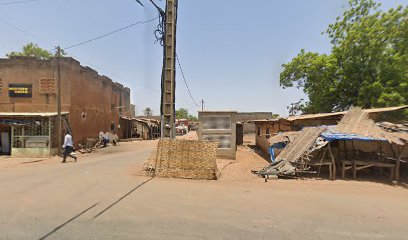
Malaba Toure Kédougou Sénégal
Explore the unique charm of Malaba Toure in Kédougou, your destination for authentic Senegalese crafts and a taste of local culture.

Essential bars & hidden hideouts
Niokolo-Koba National Park
Discover the breathtaking landscapes and diverse wildlife of Niokolo-Koba National Park, a UNESCO World Heritage site in Senegal.
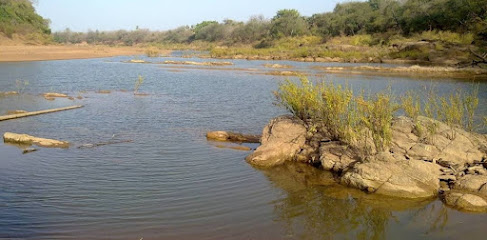
Viking Pub
Discover Viking Pub, a lively bar in Dakar offering a unique blend of local culture, vibrant atmosphere, and delicious drinks.
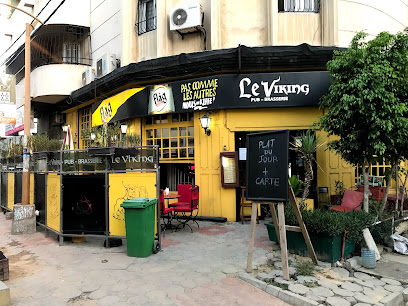
noblex bar restaurant
Experience the essence of Senegalese cuisine at Noblex Bar Restaurant in Kedougou, where flavorful dishes and warm hospitality await.

Black And White
Discover the vibrant atmosphere of Black And White in Kedougou, where local flavors and lively ambiance create the perfect dining experience.
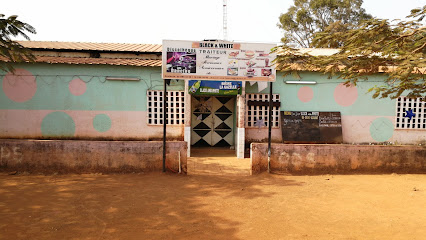
Kraken Pub
Discover Kraken Pub in Ngor, Dakar - where vibrant nightlife and local flavors come together for an unforgettable experience.
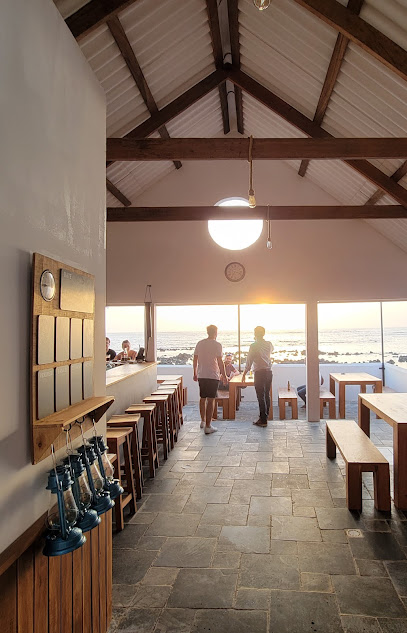
Restaurant dolima a la paillote
Experience the rich flavors of Senegal at Restaurant Dolima a la Paillote in Kedougou, where local cuisine meets warm hospitality.
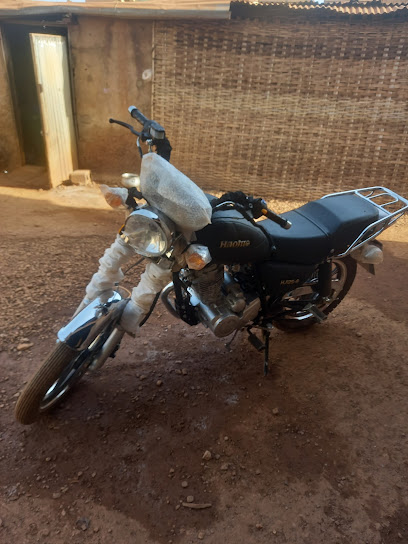
Nioko Lodge
Discover the perfect blend of nature and comfort at Nioko Lodge, an ideal retreat in Sementi for relaxation and adventure.
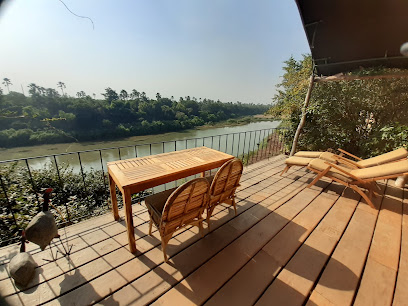
Simenti- Parc Niokolo Koba
Explore the breathtaking wildlife and stunning landscapes of Simenti - Parc Niokolo Koba, a UNESCO World Heritage Site in Senegal.
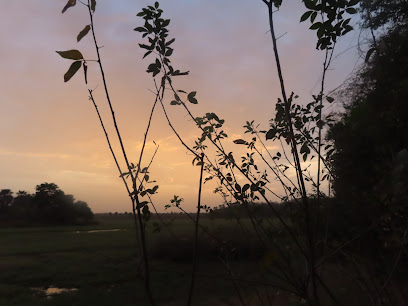
MAMA AFRICA
Experience the vibrant tastes of Africa at MAMA AFRICA in Mako, where authentic cuisine meets warm hospitality for an unforgettable dining adventure.

Sous les manguiers
Discover the vibrant atmosphere of Sous les Manguiers, a delightful bar in Kedougou, perfect for enjoying local drinks and culture beneath the mango trees.

Sorouba
Discover the vibrant nightlife at Sorouba, a popular bar in Pointe Sarène offering local flavors and a lively atmosphere for an unforgettable experience.
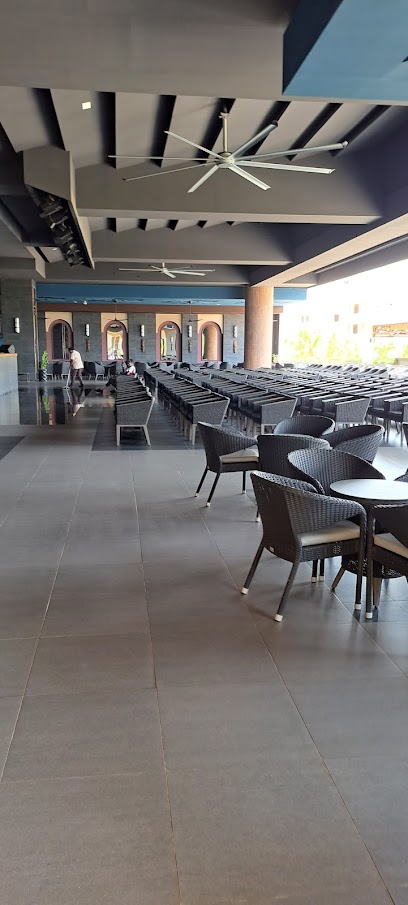
Halte parc Niokolo koba
Discover the tranquil beauty of Halte Parc Niokolo Koba, a serene park in Senegal, perfect for wildlife enthusiasts and nature lovers alike.
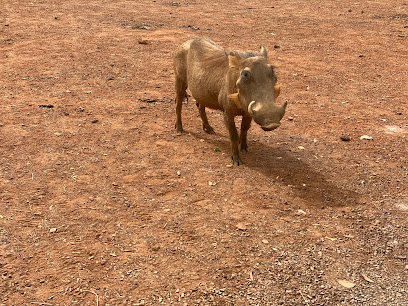
Safari (Lobby Bar)
Experience the vibrant nightlife of Pointe Sarène at Safari Lobby Bar, where refreshing cocktails meet a cozy atmosphere.
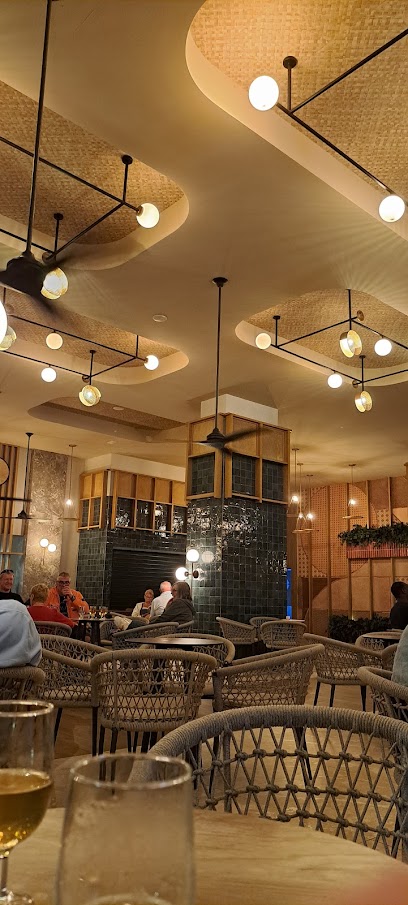
Guemedji
Discover the vibrant local culture at Guemedji, Kedougou's favorite bar for refreshing drinks and a lively atmosphere.
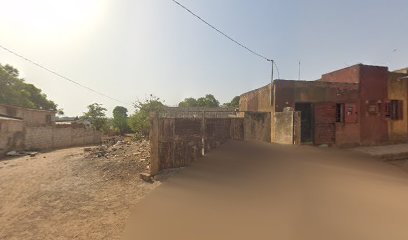
Local Phrases about Niokolo-Koba National Park
-
- HelloSalamalekum
[sa-la-ma-le-kum] - GoodbyeBa beneen
[ba be-neen] - YesWaaw
[waaw] - NoDeedeet
[dee-deet] - Please/You're welcomeJërejëf
[je-re-jef] - Thank youJërëjëf
[je-re-jef] - Excuse me/SorryNjaafek
[nja-feck] - How are you?Nanga def?
[nan-ga def] - Fine. And you?Jamm. Nopp?
[jam nop] - Do you speak English?Nopp, Angaleka wer ndë?
[nop, an-ga-le-ka wer n-de] - I don't understandMa laa jàng
[ma laa jang]
- HelloSalamalekum
-
- I'd like to see the menu, pleaseDafa waral menuna, jërejëf
[da-fa wa-ral me-nu-na je-re-jef] - I don't eat meatDafa nekk la yapp
[da-fa nek la yap] - Cheers!Ngorr!
[ngor] - I would like to pay, pleaseDafa fekk, jërejëf
[da-fa fek je-re-jef]
- I'd like to see the menu, pleaseDafa waral menuna, jërejëf
-
- Help!Ndank ndank!
[n-dank n-dank] - Go away!Déét
[dee-et] - Call the Police!Nopp, polis!
[nop po-lis] - Call a doctor!Nopp, dokter!
[nop dok-ter] - I'm lostDama neex
[da-ma neex] - I'm illDama dëgg
[da-ma degg]
- Help!Ndank ndank!
-
- I'd like to buy...Dafa ëmb, ...
[da-fa emb] - I'm just lookingDafa naru
[da-fa na-ru] - How much is it?Lekk naa la?
[lek na la] - That's too expensiveAm naa soppi
[am na sop-pi] - Can you lower the price?Yaa ngi saay laal?
[ya ngi saay lal]
- I'd like to buy...Dafa ëmb, ...
-
- What time is it?Wàññi lay wer?
[wan-nyi lay wer] - It's one o'clockYépp bi lay tuuti
[yep bi lay tu-ti] - Half past (10)Tànkas (10)
[tan-kas] - MorningSuba
[su-ba] - AfternoonBëgg na
[beg na] - EveningÑente
[nyen-te] - YesterdayTeey
[tee] - TodayNopp
[nop] - TomorrowBukk na
[buk na] - 1Benn
[ben] - 2Jujj
[jooj] - 3Tàtt
[tat] - 4Nèkk
[nek] - 5Juróom
[joo-room] - 6Jëkkër
[je-ker] - 7Njëll
[nyell] - 8Tëjj
[tej] - 9Nëgge
[neg-ge] - 10Fukk
[fukk]
- What time is it?Wàññi lay wer?
-
- Where's a/the...?Nëwul...
[ne-wul] - What's the address?Adrës bi la?
[ad-res bi la] - Can you show me (on the map)?Yaa ngi tànn (su kàrtu)?
[ya ngi tan (su kar-tu)] - When's the next (bus)?Nopp, ñibbi bi lay def?
[nop nyib-bi lay def] - A ticket (to ....)Bisikët (to ....)
[bi-si-ket]
- Where's a/the...?Nëwul...
History of Niokolo-Koba National Park
-
Niokolo-Koba National Park was established in 1954, originally as a hunting reserve. It was transformed into a national park in 1956 to protect its rich biodiversity and unique ecosystems. The park covers over 9,000 square kilometers and is located in southeastern Senegal, primarily within the regions of Kédougou and Tambacounda.
-
In 1981, Niokolo-Koba National Park was designated a UNESCO World Heritage Site due to its outstanding universal value. The park is recognized for its diverse habitats, which include gallery forests, savannas, wetlands, and rocky hills. It is home to a wide variety of wildlife, including several endangered species such as the African elephant, the lion, and the West African wild dog.
-
The region surrounding Niokolo-Koba National Park is inhabited by various ethnic groups, including the Bassari, Bedik, and Fulani. These communities have a deep connection to the land and its resources, which are reflected in their cultural practices and traditions. The park's landscapes are dotted with sacred sites, traditional villages, and historical landmarks that highlight the rich cultural heritage of the local people.
-
Niokolo-Koba National Park is renowned for its remarkable biodiversity. It hosts over 80 species of mammals, 330 species of birds, 36 species of reptiles, and numerous species of fish and insects. Conservation efforts have been ongoing to protect the park's unique flora and fauna, including anti-poaching initiatives and community-based conservation programs. International organizations and local authorities have collaborated to ensure the sustainable management of the park's natural resources.
-
Despite its status as a protected area, Niokolo-Koba National Park faces several challenges and threats. These include illegal poaching, habitat destruction, and human-wildlife conflicts. Additionally, the park's remote location and limited infrastructure make it difficult to monitor and enforce conservation measures. Efforts are being made to address these issues through increased funding, improved management practices, and greater community involvement.
-
In recent years, Niokolo-Koba National Park has seen a resurgence in tourism and conservation efforts. Ecotourism initiatives have been introduced to promote sustainable travel and generate income for local communities. The park's management has also been strengthened through partnerships with international conservation organizations. These developments aim to enhance the protection of the park's natural and cultural heritage while providing economic benefits to the surrounding communities.
Niokolo-Koba National Park Essentials
-
Niokolo-Koba National Park is located in southeastern Senegal. The nearest major city is Tambacounda, which has a small airport that receives domestic flights. International travelers typically fly into Blaise Diagne International Airport (DSS) in Dakar. From Dakar, you can take a domestic flight to Tambacounda or travel by road, which takes approximately 7-8 hours. Buses and shared taxis (sept-places) are available from Dakar to Tambacounda. From Tambacounda, the park entrance is about a 2-hour drive, and you can hire a taxi or arrange transportation through your lodging.
-
Within Niokolo-Koba National Park, transportation options include guided tours by 4x4 vehicles, which are the most convenient way to explore the park. Walking safaris and boat trips on the Gambia River are also available. It is advisable to pre-arrange transportation and guided tours with your lodge or tour operator. Public transportation within the park is limited, so having a reliable guide and vehicle is essential for a comprehensive visit.
-
The official currency in Senegal is the West African CFA Franc (XOF). Credit cards are not widely accepted within the park, so it is essential to carry sufficient cash. ATMs are available in Tambacounda, but it is recommended to withdraw cash in Dakar before traveling to the park. Some lodges and tour operators may accept credit cards, but it is always best to confirm in advance.
-
Niokolo-Koba National Park is generally safe for tourists, but standard precautions should be taken. Avoid walking alone in unfamiliar areas, especially at night. Keep valuables secure and be cautious of your surroundings. While the park itself has low crime rates, be aware of potential wildlife hazards and always follow the guidance of your tour guide. In Tambacounda, exercise caution in crowded places and avoid displaying wealth.
-
In case of an emergency within Niokolo-Koba National Park, contact park rangers or your tour guide immediately. For medical emergencies, the nearest hospital is in Tambacounda. It is advisable to have travel insurance that covers medical emergencies and evacuation. The national emergency number in Senegal is 17 for police and 18 for fire and medical services. Make sure to have a charged mobile phone and a list of important contact numbers.
-
Fashion: Do wear lightweight, breathable clothing and sturdy shoes for walking safaris. Avoid bright colors that may attract wildlife. Religion: Do respect local customs and dress modestly when visiting nearby villages. Public Transport: Do use reputable transportation services and pre-arrange your pick-ups. Don't rely on public transportation within the park. Greetings: Do greet people with a handshake and use 'Bonjour' (Good morning) or 'Bonsoir' (Good evening). Eating & Drinking: Do try local cuisine and drink bottled water. Don't drink tap water or accept food from unknown sources.
-
To experience Niokolo-Koba National Park like a local, consider visiting during the dry season (November to May) when wildlife is more visible. Engage with local guides who have extensive knowledge of the park's flora and fauna. Take time to visit nearby villages to learn about local culture and traditions. Participate in a boat trip on the Gambia River for a unique perspective of the park's ecosystem. Finally, don't forget to bring a good pair of binoculars and a camera to capture the stunning scenery and wildlife.
Nearby Cities to Niokolo-Koba National Park
-
Things To Do in Buba
-
Things To Do in Soma
-
Things To Do in Quebo
-
Things To Do in Farafenni
-
Things To Do in Bissau
-
Things To Do in Canchungo
-
Things To Do in Kaolack
-
Things To Do in Banjul
-
Things To Do in Conakry
-
Things To Do in Brikama
-
Things To Do in Lamin
-
Things To Do in Bakau
-
Things To Do in Serekunda
-
Things To Do in Serrekunda
-
Things To Do in Faranah







